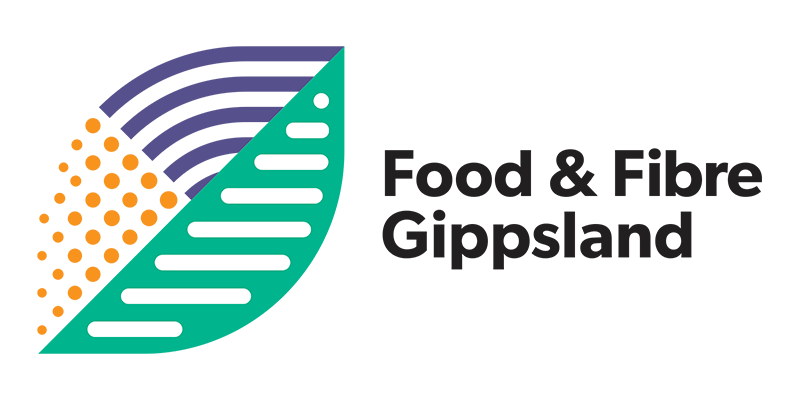Drought Hub Node Leaders Gather
Partners from the Victoria Drought Resilience Adoption and Innovation Hub recently gathered with the Minister for Agriculture and Northern Australia David Littleproud, and Damian Drum MP at the University of Melbourne’s regional campus in Dookie.
The partners discussed new projects the Minister had announced as part of the Australian Government’s Future Drought Fund Drought Resilience Innovation Grants, along with the work already underway.
The $6.7 million in new grants for Victorian based institutions will build capacity and deliver innovation across Victoria.
Co-Director of the Victoria Drought Resilience Adoption and Innovation Hub, Professor Timothy Reeves said it was exciting to see such momentum, reflecting the trust and teamwork between the Victoria Drought Hub nodes and partners.
“We were honoured to host Minister Littleproud and discuss our unique approach to enhancing future drought resilience. The Victorian Hub model – drawing on government, academia, farming systems groups, RD&E leaders and community – is now really bearing fruit, attracting investment across the innovation ecosystem,” Professor Reeves said.
“It’s showing what can be done when farming systems groups and community have the freedom to identify, resource and deliver projects that will make the biggest difference in their region, alongside partners across the state.
“This grassroots approach to innovation is already leaving a lasting legacy across Victoria,” he said.
Professor Reeves said there are many way that partners are getting together to deliver on-the-ground outcomes for Victoria’s farmers and communities.
“The rubber is hitting the road on the work of the Drought Hubs. We’ve got projects in place, with input from five nodes, four universities and the State and Australian Government,” Professor Reeves said.
“We’re now looking forward to getting stuck in through the year, developing meaningful solutions to help future proof Victorian farmers from drought.”
The Hub is currently consulting with the agricultural industry through farmers, land managers, Catchment Management Authorities, councils, businesses, health organisations and community groups about how to meet local needs best.
Drought Hub activity currently planned or underway in Gippsland includes;
The future fodder project - working in collaboration with the Gippsland Agricultural Group to build better preparation and storage of fodder for the next drought event.
Training for mental health professionals in the region to better prepare them to be able to identify issues and support farmers in times of drought
Development of a regionally produced and sovereign owned fertiliser that is specifically formulated to work more efficiently in drought conditions
Greener dams - led by South Gippsland Landcare network - looking at new ways of planting areas around farm dams to increase water storage
Improved Ag-Tech solutions for irrigated vegetables - in collaboration with growers in East Gippsland’s Lindenow Valley and a specialist company called Hydro-Terra.
If you have a project idea or are interested in getting involved in the Drought Hub consultations, please get in contact with our Regional Node Program Manager Julian Hill, julian.hill@foodandfibregippsland.com.au
ABOUT VICTORIAN DROUGHT RESILIENCE ADOPTION AND INNOVATION HUB
The Victorian Drought Resilience Adoption and Innovation Hub is funded by the Australian Government and will contribute $8 million over four years through the Future Drought Fund. The program is led by The University of Melbourne’s Dookie Campus and is conducted in association with Deakin, La Trobe, and Federation Universities and Agriculture Victoria; and is underpinned by five regional nodes across Victoria. These regional nodes are all led by highly respected farming/industry groups – BCG (NW Node); Riverine Plains (NE Node); Food & Fibre Gippsland (Gippsland Node); Southern Farming Systems (SW Node), and Mallee Regional Innovation Centre (NW Irrigated Horticulture Node).


